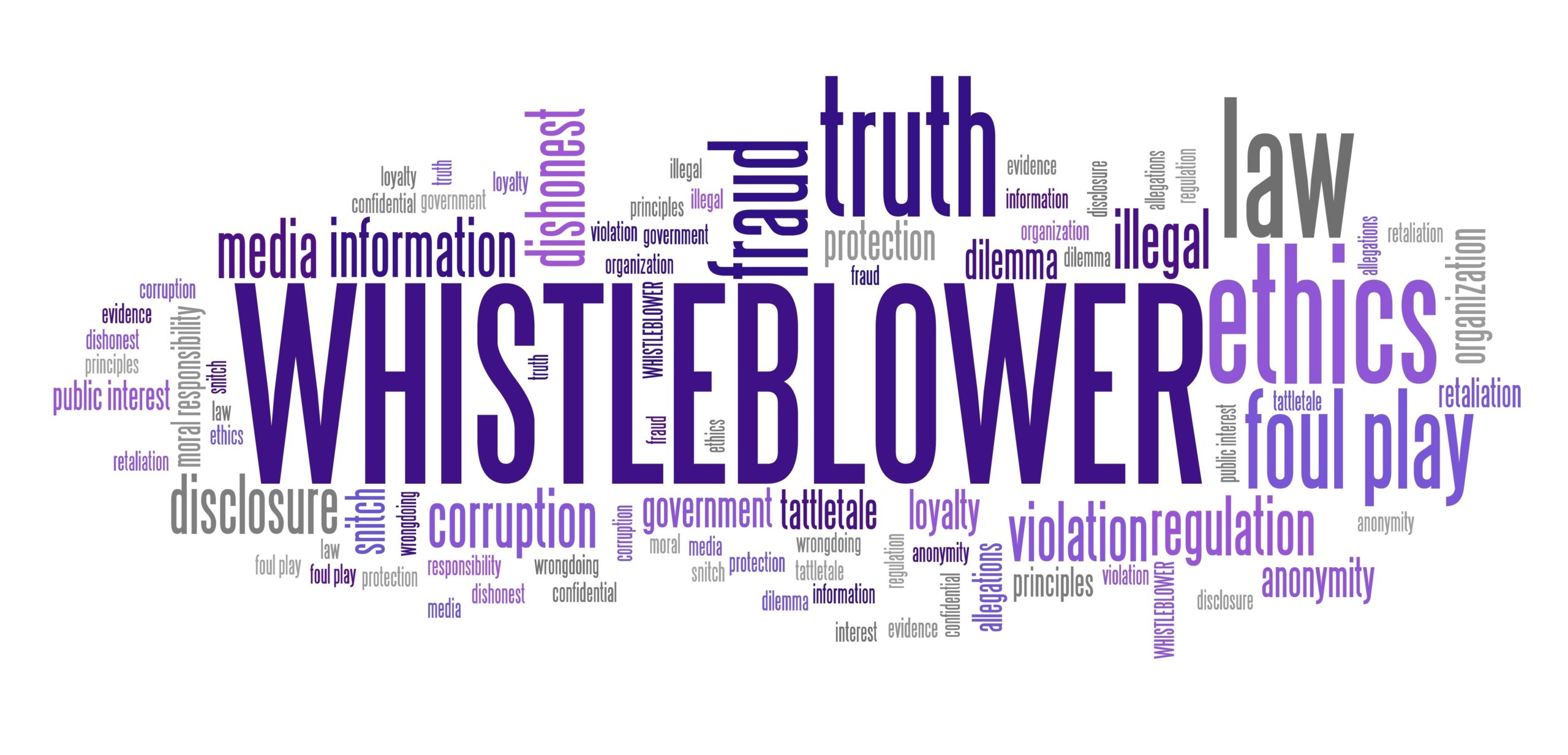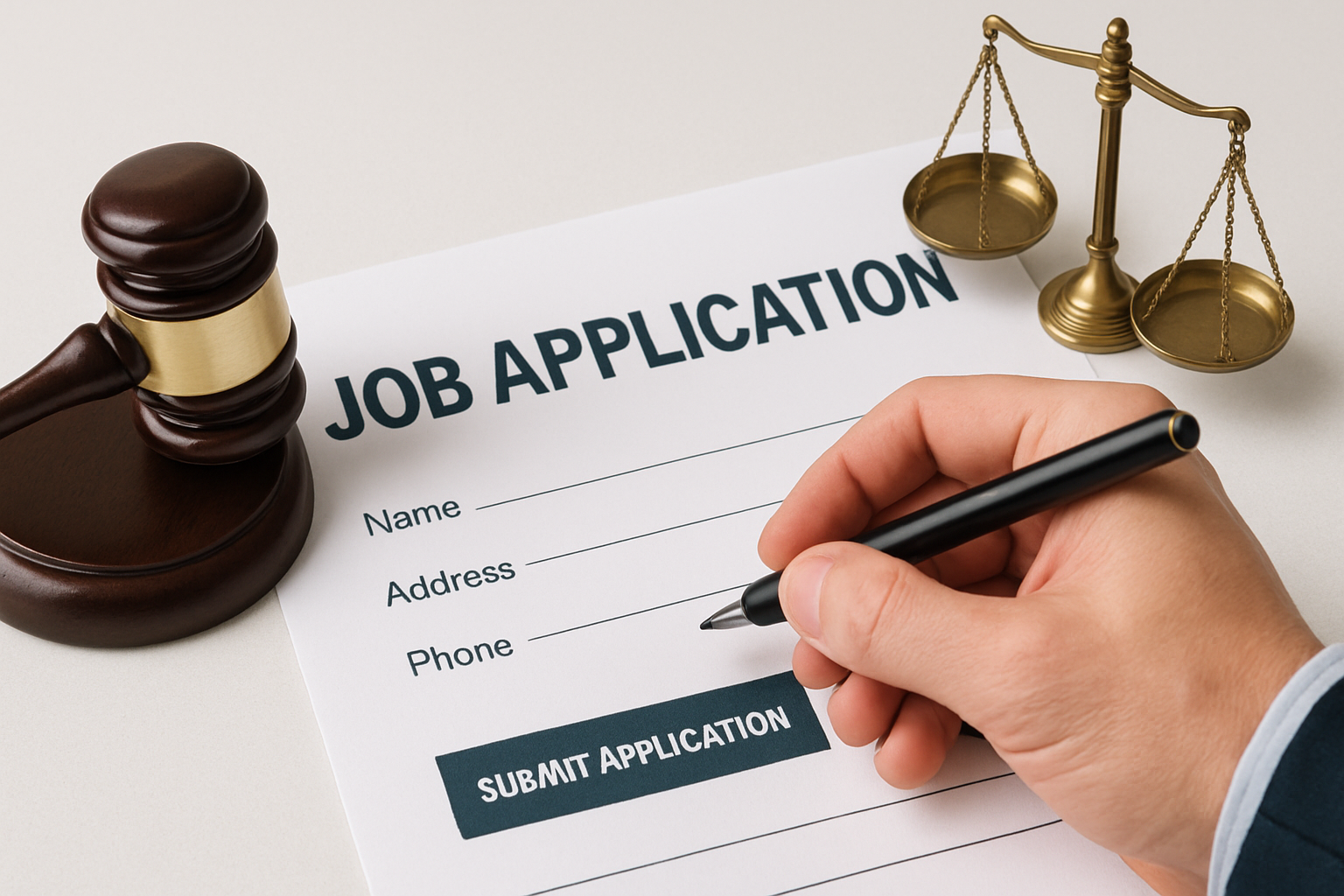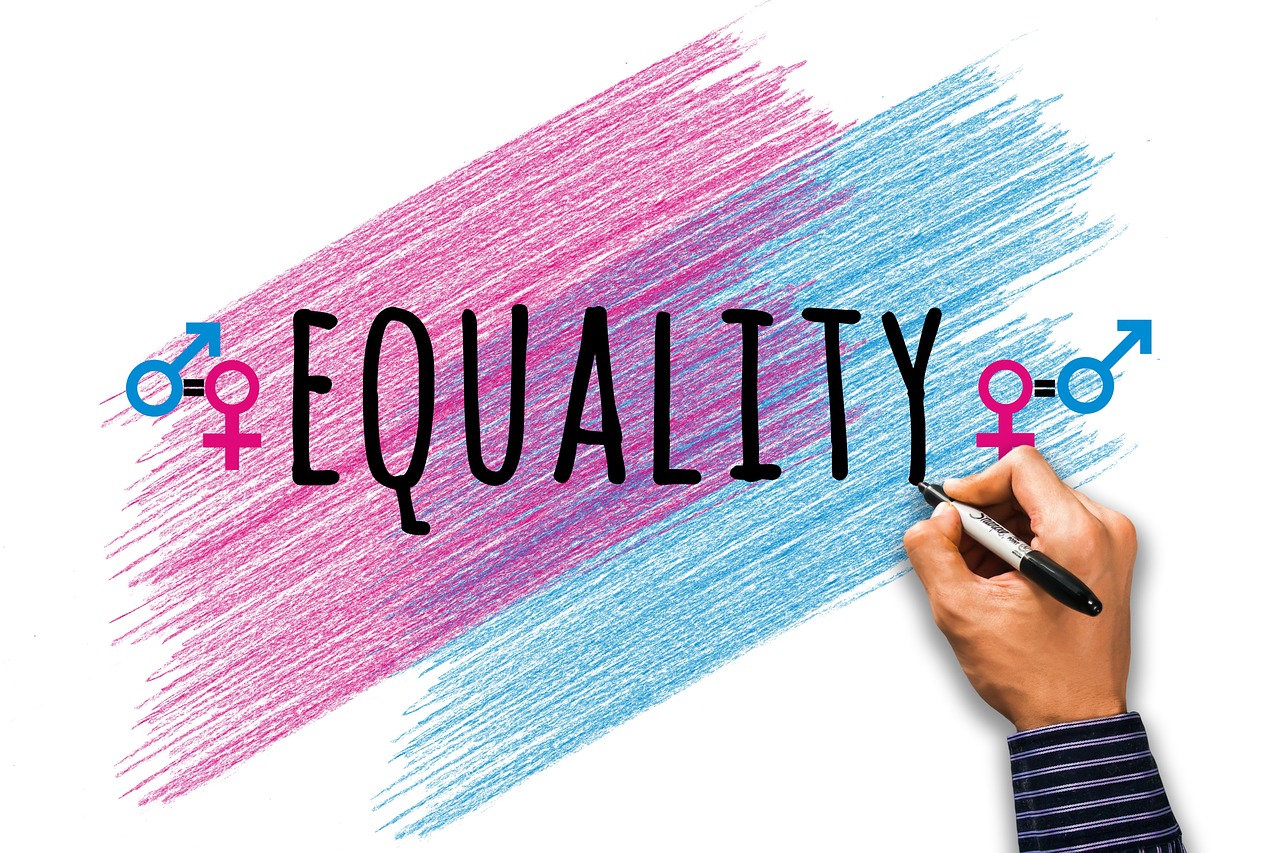Whistleblowing: Can the act of dismissal itself be a detriment?

The Employment Appeal Tribunal (“EAT”) in Wicked Vision Ltd v Rice [2024] EAT 29 (“Wicked Vision”), recently held that the Employment Tribunal had erred in allowing the Claimant to amend his claim to add a claim that his employer was vicariously liable under section 47B(1B) of the Employment Rights Act 1996 (“the ERA 1996”) for the act of the company’s owner for subjecting him to a detriment of dismissal on the ground that he had made a protected disclosure. The EAT held that the additional claim against the employer was barred by section 47B(2) of the ERA 1996 because the detriment was in the form of a dismissal.
Section 47B(1A) and (B) of the ERA 1996 states that a worker is protected from being subjected to a detriment by another worker and any such detriment is also treated as having been done by the employer. However, section 47B(2) makes clear that section 47B does not apply if the worker is an employee and the detriment in question amounts to dismissal.
Section 103A ERA 1996 provides the right for an employee to bring a claim of automatic unfair dismissal if the reason, or, if more than one, the principal reason for the dismissal is that the employee made a protected disclosure.
Background of Wicked Vision
In Wicked Vision, the Claimant had an existing claim for automatic unfair dismissal under section 103A ERA 1996 against the company.
During a case management Preliminary Hearing, the Claimant sought to amend his claim stating that the act of dismissal amounted to a detriment against the owner of the Company. The effect of such an amendment would mean that if the Claimant was successful, Wicked Vision Ltd would be vicariously liable for the decision of the Company owner’s decision to dismiss the Claimant. This was granted by the Employment Tribunal.
Why did the Claimant seek to amend his claim to include detriment under section 47B ERA 1996?
Firstly, the causation threshold for a claim under section 47B ERA 1996 is much lower than the threshold for a claim under section 103A ERA 1996. For a claim under section 103A, the protected disclosure must be the sole or principal reason for the dismissal. However, under section 47B ERA 1996, the protected disclosure must merely have materially influenced the dismissal. There are also differences in terms of remedy available for each type of claim.
Secondly, the authority of Timis and another v Osipov [2019] ICR 655 CA (“Osipov”) gave the Claimant reason to seek to amend his claim to include detriment by reason of dismissal. In Osipov, a former chief executive had been dismissed at the direction of two directors. The Claimant brought a claim for automatic unfair dismissal under section 103A ERA 1996 and also against the two directors for detriment of dismissal under section 47B ERA 1996. The Employment Tribunal concluded that the individual directors could be liable for the losses suffered because they flowed from the detriment to which they had subjected the Claimant to and therefore, a claim of detriment by way of dismissal was available against the directors. The Employment Tribunal also held that the claim could not be prevented by section 47B ERA 1996. The Court of Appeal upheld this decision.
EAT decision in Wicked Vision
The Company appealed the earlier Employment Tribunal’s finding that the Claimant could amend his claim to include detriment by way of dismissal under section 47B ERA 1996.
The EAT allowed the Company’s appeal stating that such an amendment could not possibly be granted. The EAT considered Osipov as authority for the proposition that section 47B(2) ERA 1996 does not prevent a claim being brought against an individual for detriment of dismissal but decided that anything else referred to in that judgment was obiter i.e. not binding.
What does decision mean for future cases?
The key distinctions between the facts of the case in Wicked Vision and Osipov were that in Wicked Vision, there was no claim against the individual, the only claims were made against the employer, whereas in Osipov, the Claimant made a claim against the company, as well as the directors who made the decision to dismiss him. Further, the detriment suffered in Wicked Vision, was solely the dismissal detriment, there were not any prior dismissal detriments suffered unlike in Osipov.
The outcome does not necessarily mean that a claim for dismissal under section 47B ERA 1996 cannot be made against an employer due to the detriment of dismissal. It follows however that an employer cannot be held vicariously liable if the individual is not being held liable. Further, it appears that an individual could bring a claim for dismissal under section 47B(1B) ERA 1996 if they are a worker and not an employee.
For further information or to discuss a potential employment law or discrimination claim, please contact our specialist employment solicitors on 0207 3950 5234 or info@rllaw.co.uk. We are ranked as a ‘Leading Firm’ in the Legal 500 and Chambers and Partners independent guides to the UK Legal Profession.
31 July 2024



